1. What role does religion play in the lives of Baba, Amir, and Assef, and in the novel as a whole?
Though it is rarely the main focus, religion is nearly always present in Amir’s narrative. It is part of the culture of Afghanistan, and it is accordingly a fixture of the everyday life Amir describes. Amir creates a complex portrait of both the positive and negative traits of religion, with the negative always stemming from fundamentalists who use their beliefs as an excuse to carry out violence against others and to limit people’s freedoms. From what we learn of Baba’s feelings toward religion, this is not surprising. The first significant episode in the book involving religion, for instance, occurs when Amir, who is still a child, tells Baba that the mullah at school called drinking alcohol a sin as Baba pours a glass of whiskey. Immediately, the scene establishes a contrast between Baba and the mullah. Baba calls the mullah and men like him bearded idiots and explains to Amir that theft, in its many variations, is the only true sin. Baba obviously does not respect the beliefs of the mullah, yet he still has his own moral code. Amir consequently grows up with a strong sense of morality, though it is entirely separate from Islam.
Yet religion also has a major role in determining the direction that Afghanistan takes in the years after Baba and Amir flee to the United States. Although Amir’s narrative does not give a clear step-by-step account of the political events in Afghanistan, the reader does know that fighting continued in the country even after the departure of the Russians, called the Shorawi. Ultimately, the Taliban emerged with control, and from Amir’s narrative we learn that many of the Afghans who left their country think the Islamist government the group has created is simply a means for them to justify their violence and authoritarian rule.
The character that most represents this image of the Taliban is Assef, who tells Amir that he felt liberated while massacring Hazaras in their homes because he knew God was on his side. Ultimately, however, Assef’s violence becomes his downfall when Sohrab shoots his eye out, and later, when Sohrab has tried to kill himself, Amir has something of a religious conversion when Sohrab survives after Amir prays for God’s help. Amir becomes an observant Muslim after that, but not a fundamentalist, making the case that religion is as good as the person practicing it.
2. How does the author, Khaled Hosseini, use irony in the novel?
Repeatedly throughout the book, Amir must face the unintended consequences of his actions. These situations are often ironic in that they are the exact opposite of what Amir intended, much as the man in Amir’s first short story ends up unhappy because of his insatiable desire for wealth. In the most significant instances of irony, the irony stems from immorality. The most notable example of irony, for instance, centers on Amir’s decision not to stop Assef from raping Hassan. Amir wanted to prove to Baba how much he was like him by bringing him the blue kite from the kite-fighting tournament, and he thought in doing so he would finally have the love that eluded him.
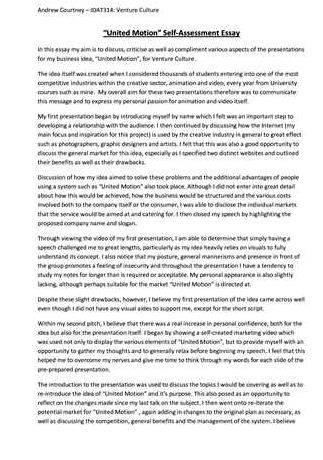
While Amir gains more attention from Baba temporarily, he eventually loses Hassan, his best friend, because of his actions. A further irony becomes clear when Amir learns that Baba was actually Hassan’s father. Baba had betrayed his own best friend, Ali, by conceiving Hassan with Ali’s wife, and so Amir learns that he was, in fact, just like Baba in that sense, saddening Amir rather than making him happy.
3. What is the significance of rape in the novel?
Rape is among the most prominent motifs repeated in the novel. It is Hassan’s rape that establishes the main drama of the story, and it is later Sohrab’s rape by the Taliban that gives Amir the chance to redeem himself. The act of rape in this context carries a great deal of significance. First, it is presented as a form of perversion. What is typically considered an act shared by two people in love to conceive a child, such as Amir and Soraya, becomes an act of violence. Second, there is a distinct emotional component to rape. The rapist dominates the victim not only physically but psychologically as well, as we see in Hassan’s rape and even more dramatically in Sohrab’s. Finally, in each instance of rape we see, the rapist takes advantage of the social order, meaning the rapist is always in a position of greater power than the victim of the rape. Assef, for instance, is rich and has a politically powerful father, while Hassan is a poor Hazara. In each instance, rape acts as a symbolic violation of the powerless by those who have power.
1. How do Amir and Hassan represent the divisions in Afghan society, and how do these divisions affect the courses their lives take?
2. How does the author use time as a narrative device in the novel?
3. How do the political events that occur in Afghanistan shape the lives of Amir, Hassan, and Assef?
4. In what ways does Amir seek redemption and why?
5. How do the relationships between fathers and sons affect the events of the novel?
Below you will find four outstanding thesis statements / paper topics for &”The Kite Runner&” by Khaled Hosseini that can be used as essay starters. All four incorporate at least one of the themes found in &”The Kite Runner&” and are broad enough so that it will be easy to find textual support, yet narrow enough to provide a focused clear thesis statement. These thesis statements offer a short summary of “The Kite Runner&” in terms of different elements that could be important in an essay. You are, of course, free to add your own analysis and understanding of the plot or themes to them. Using the essay topics below in conjunction with the list of important quotes from &”The Kite Runner&” our quotes page, you should have no trouble connecting with the text and writing an excellent essay.
Topic #1: The influence of Afghan culture and historical events
The setting for this book is in three places. The first is Amir’s childhood in Afghanistan. Then at the beginning of violent conflicts, Baba and Amir leave Afghanistan for America. Baba goes from being a wealthy man to a poor immigrant. The third part of the book is about Amir’s return to Afghanistan and his discovery that it has changed. While the book is fiction, some of the work is inspired by Hosseini’s own life and experiences. There are many examples of Afghan culture and outlines of real events that took place in Afghanistan over the past several decades. It is significant that this book shows a much different country from the one that is often presented in the American media. Address the differences and similarities of Afghanistan events and culture in the book and in media coverage.
Topic #2: The significance of the title
At the beginning of the book, Hassan is Amir’s kite runner. They are very close friends and actually half-brothers, though neither is aware of that fact. Then Amir sees Hassan being raped by Assef and does nothing about it. This incident slowly drives a wedge between Hassan and Amir. Amir is forever haunted by the memory. Then he is contacted by his old mentor, Rahim Khan, that there is an opportunity for redemption. When he arrives back in Afghanistan, he is told that Hassan had a son who was sent to live in an orphanage when Hassan and Farzana are both dead. Amir visits the orphanage only to learn that Sohrab has been taken already. He tracks down the man who has Sohrab and discovers that it is actually Assef. In many ways, it is like his past has come back full force. Assef has repeatedly raped and abused Sohrab. He has also allowed others to do the same. Amir gains custody of Sohrab after allowing Assef to beat him. He eventually returns to America with Sohrab, who is damaged in many ways. Toward the end of the book, Amir becomes Sohrab’s kite runner. The relationship has come full circle. However, does Amir ever truly redeem himself from saying nothing when Hassan is raped? Describe how things would have been different if Amir had spoken up, even if it was afterward to an adult.
Topic #3: The parents’ secret
Although Amir and Hassan are supposed to be friends, Amir believes that Hassan is the son of his father’s servant. Because of this, he does not understand and is often jealous of how much his father, Baba, seems to prefer Hassan over Amir. He does not interfere or speak up when Assef rapes Hassan. He tries to frame Hassan for stealing money and jewelry. Many years later, after Hassan is dead, Amir finds out that they were actually half-brothers. He deals with many emotions over not having been told sooner. Given the way that events turned out, would things have been different if Amir and Hassan had known? Would Amir have been kinder to Hassan or would it only have increased his jealousy? Amir states in the book that Hassan knew him better than anyone. Explain how the relationship would have changed if Amir and Hassan had been given that important knowledge.
In the book, Assef’s character represents several of the evils in our society. Among them are rape, pedophilia, and bullying. Assef rapes Hassan at a young age. He finds ways to harass and intimidate Amir. As an adult, he adopts children so that he can abuse and rape them. Amir allows Assef to beat him up at the end of the book so that Amir can take Sohrab with him. This final act of abuse toward Amir is what Assef wanted to do for a number of years. Assef seems to escape prosecution for his various crimes. Explore how this fits in with the other events of the book.


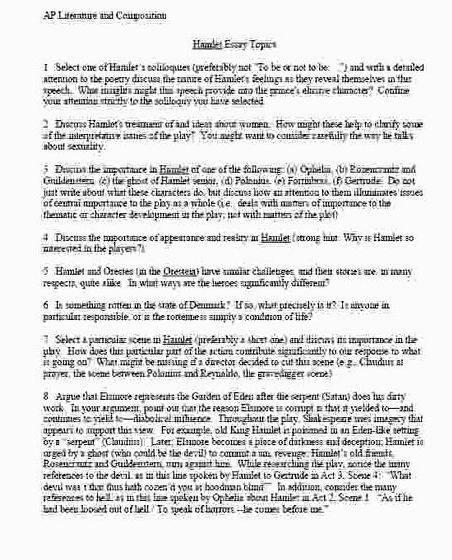
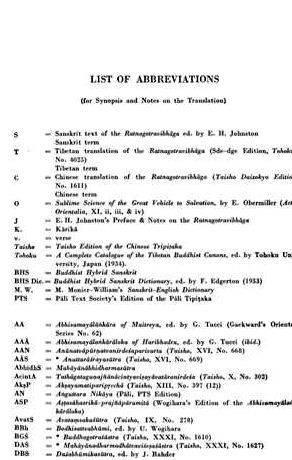


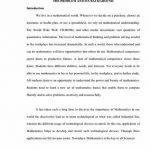 Writing a thesis introduction chapter
Writing a thesis introduction chapter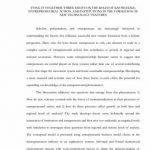 Americas lost war vietnam charles e neu thesis writing
Americas lost war vietnam charles e neu thesis writing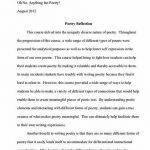 Thesis writing schedule for poets
Thesis writing schedule for poets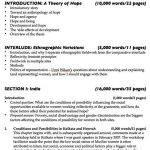 Baby thesis definition in writing
Baby thesis definition in writing Tips for writing masters thesis
Tips for writing masters thesis






